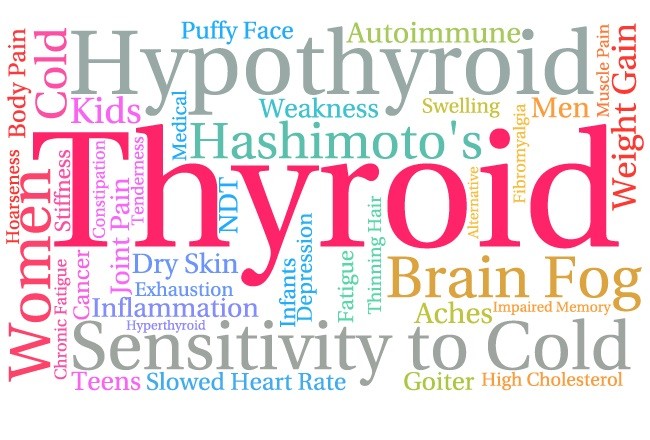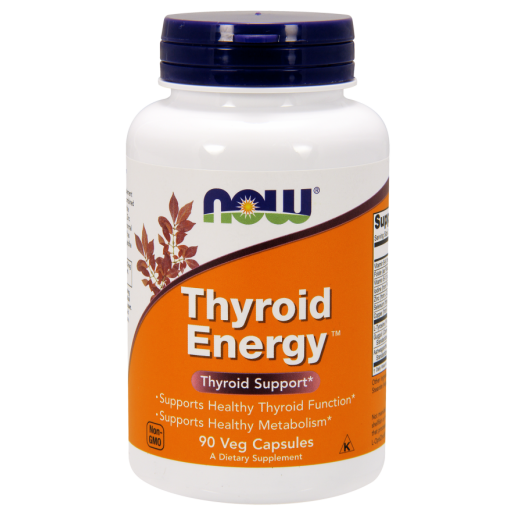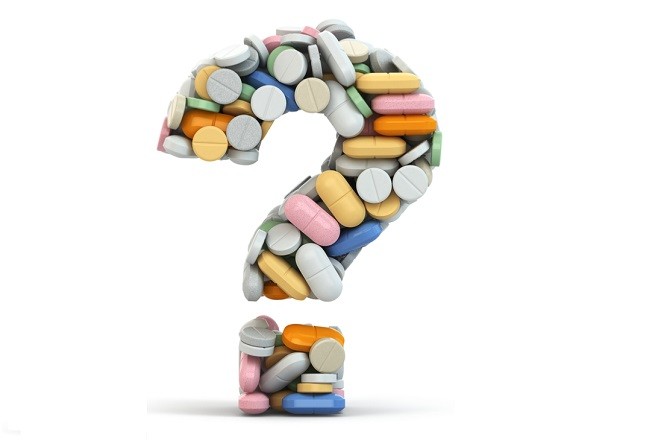BACKGROUND:
Subclinical hypothyroidism, a thyroid disorder without obvious symptoms of thyroid deficiency, occurs in 3%-8% of the global population. Ashwagandha [Withania somnifera (L.) Dunal], a traditional medicine in Ayurveda, is often prescribed for thyroid dysfunctions.
OBJECTIVE:
This pilot study was designed to evaluate the efficacy and safety of ashwagandha root extract in subclinical hypothyroid patients.
DESIGN, SETTING, AND PARTICIPANTS:
A prospective, randomized, double-blind, single-center placebo-controlled study was performed at Sudbhawana Hospital, Varanasi, India between May 2016 and September 2016. Fifty subjects with elevated serum thyroid stimulating hormone (TSH) levels (4.5-10 μIU/L) aged between 18 and 50 were randomized in either treatment (n = 25) or placebo (n = 25) groups for an 8-week treatment period.
INTERVENTIONS:
Ashwagandha root extract (600 mg daily) or starch as placebo. Efficacy Variables: Serum TSH, serum triiodothyronine (T3), and thyroxine (T4) levels.
RESULTS:
A total of four subjects (two from each group) withdrew their consent before the second visit. Eight weeks of treatment with ashwagandha improved serum TSH (p < 0.001), T3 (p = 0.0031), and T4 (p = 0.0096) levels significantly compared to placebo. Ashwagandha treatment effectively normalized the serum thyroid indices during the 8-week treatment period in a significant manner (time-effects: TSH [p < 0.001], T3 [p < 0.001], and T4 [p < 0.001]). Four subjects (8%) (ashwagandha: 1[4%]; Placebo: 3[12%]) out of 50 reported few mild and temporary adverse effects during this study.
CONCLUSION:
Treatment with ashwagandha may be beneficial for normalizing thyroid indices in subclinical hypothyroid patients.
-
Unavailable
Thyroid Energy
Original price was: $19.99.$11.95Current price is: $11.95. Add to cart This product has multiple variants. The options may be chosen on the product page







